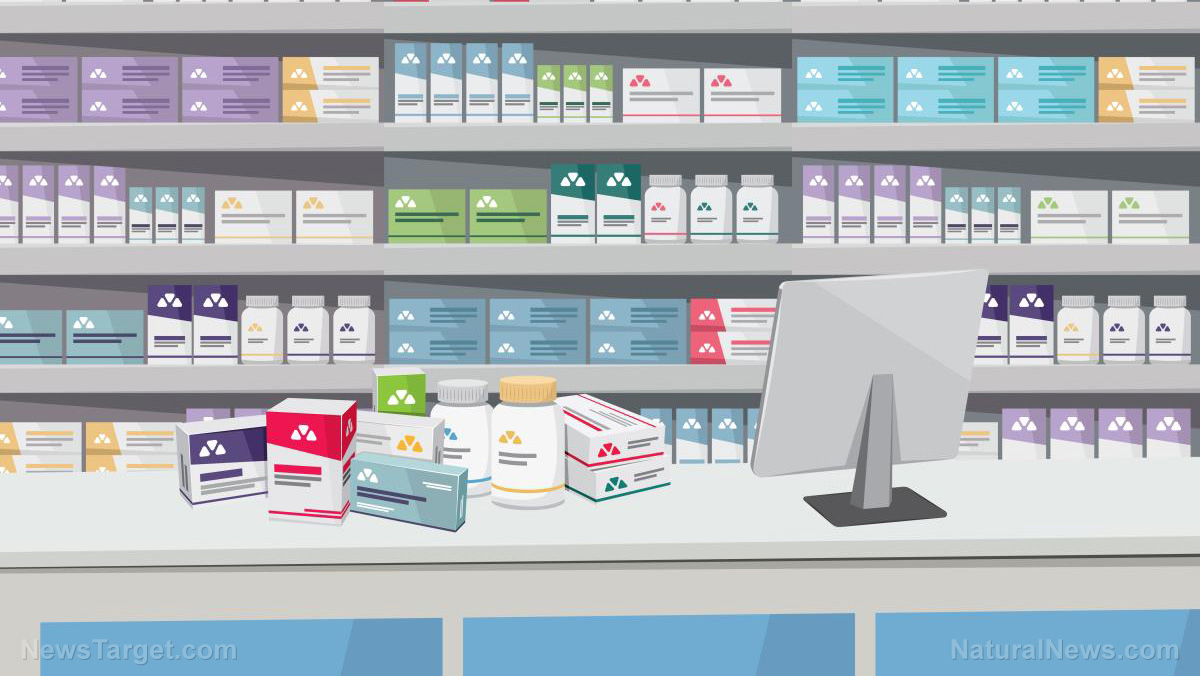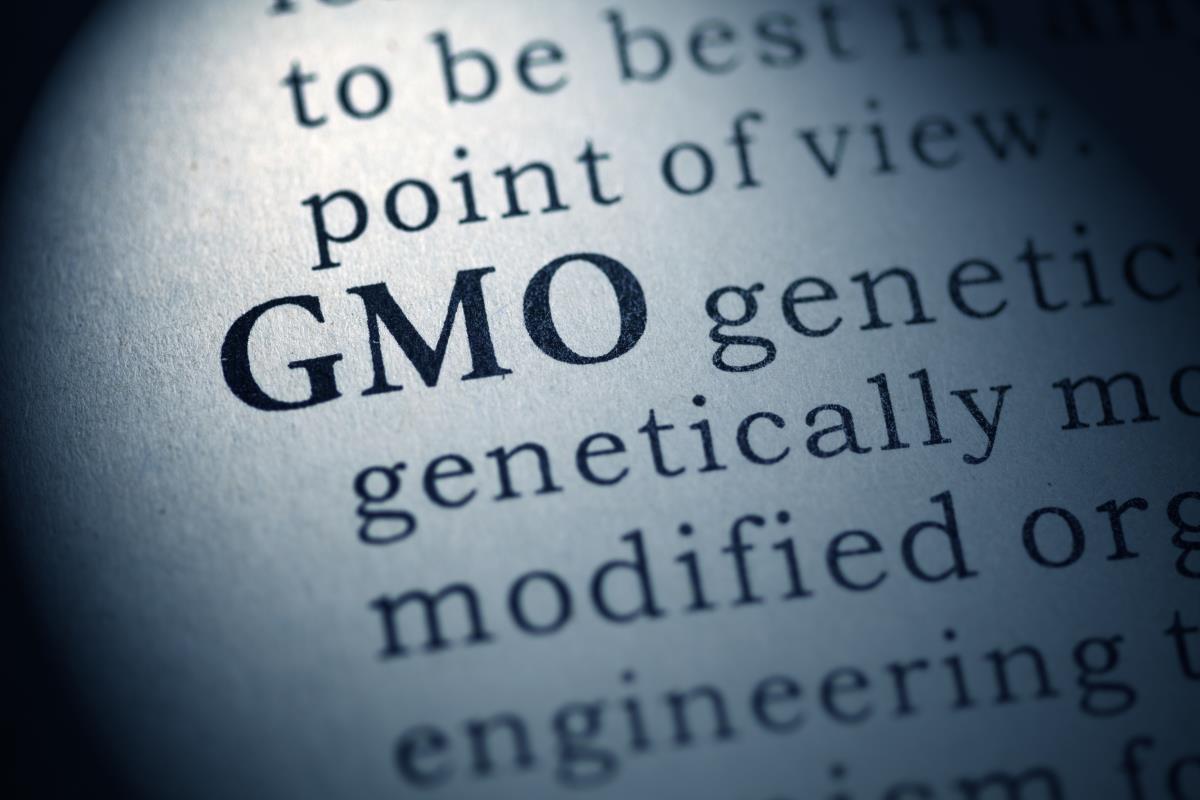Trump threatens 200% tariffs on pharmaceutical imports, warns companies to bring manufacturing back to U.S.
07/09/2025 / By Cassie B.

- Trump threatens 200% tariffs on imported drugs unless pharmaceutical firms bring manufacturing back to the U.S.
- Critics warn the move could spike drug prices and cause shortages, especially for generics reliant on overseas production.
- Trump grants a 1-2 year grace period, but experts say reshoring drug production could take much longer, risking supply chain instability.
- The plan aligns with Trump’s economic nationalism agenda but faces global backlash and concerns over trade retaliation and inflation.
President Donald Trump delivered a dramatic warning to the pharmaceutical industry Tuesday, vowing to impose tariffs of up to 200% on imported drugs unless companies swiftly bring their manufacturing operations back to the United States.
The announcement signals another aggressive move in Trump’s economic nationalism agenda, but critics warn it could backfire, driving up medication costs and exacerbating drug shortages.
“They’re going to be tariffs at a very high rate, like 200%,” Trump declared, insisting the penalties would incentivize pharmaceutical giants to reshore production. However, he softened the immediate blow by granting a one- to two-year grace period, stating, “We’ll give them a certain period of time to get their act together.”
Commerce Secretary Howard Lutnick later clarified that finalized plans would emerge by month’s end, pending the completion of national security reviews on pharmaceuticals and semiconductors. Analysts remained skeptical, noting Trump’s history of tariff threats that fizzle or mutate under industry pressure. Yet with $212 billion in pharmaceutical imports flooding the U.S. last year alone, the stakes for consumers and Big Pharma alike are high.
Big Pharma backlash
The pharmaceutical industry, already reeling from Trump’s drug pricing crackdowns, reacted with alarm. PhRMA, the sector’s top lobbying group, warned that tariffs would drain funds from domestic research and manufacturing investments. “Every dollar spent on tariffs is a dollar that cannot be invested in American manufacturing or the development of future treatments,” said PhRMA’s Alex Schriver.
Generics, which dominate the U.S. medication supply, face the greatest risk. With razor-thin profit margins, generic drug makers rely heavily on overseas production, particularly in India and China. Brookings Institution analysts cautioned that sudden tariffs could trigger shortages of critical medications, from antibiotics to chemotherapy drugs.
Stock markets shrugged off the news, with pharmaceutical shares holding steady, likely due to Trump’s delayed implementation timeline. Leerink Partners analyst David Risinger called the announcement positive for the industry, given the uncertainty of enforcement. But for American patients, the long-term outlook remains fraught. If companies pass tariff costs to consumers, already-strained household budgets could face even steeper medical bills.
A gamble on reshoring
Trump’s tariff push is part of a broader strategy to revive U.S. manufacturing, which was a core 2024 campaign promise. Eli Lilly, Johnson & Johnson, and AbbVie have recently announced domestic expansions, although some were planned pre-Trump. The president framed the tariffs as a necessary jolt.
Yet experts note that rebuilding pharmaceutical supply chains could take years, far exceeding Trump’s proposed grace period. The UNC Center for the Business of Health warned that reshoring may only benefit brand-name drugs, leaving generics in limbo.
Meanwhile, the White House’s leveraging of “national security” to justify tariffs via Section 232 investigations has drawn scrutiny. Critics argue that weaponizing trade policy could destabilize global markets, particularly if trading partners retaliate. Australia’s Treasurer Jim Chalmers, reacting to Trump’s remarks, called the tariffs “very concerning,” vowing emergency talks to protect his nation’s $5 billion pharmaceutical exports to the U.S.
Trump’s tariff threats arrive amid broader economic turbulence. On Tuesday, he also unveiled a 50% tariff on copper imports in a move that sent commodity prices soaring and teased future levies on semiconductors. The administration’s aggressive trade policies, while popular with the GOP base, risk amplifying inflation and supply chain disruptions.
For now, the pharmaceutical industry remains in wait-and-see mode. Should Trump follow through, the fallout could redefine drug affordability and accessibility for millions. But as history shows, the president’s trade rhetoric doesn’t always match reality, leaving businesses and patients alike with plenty of uncertainty.
Sources for this article include:
Submit a correction >>
Tagged Under:
big government, Big Pharma, national security, pharmaceuticals, prescription, reshoring, tariffs
This article may contain statements that reflect the opinion of the author





















